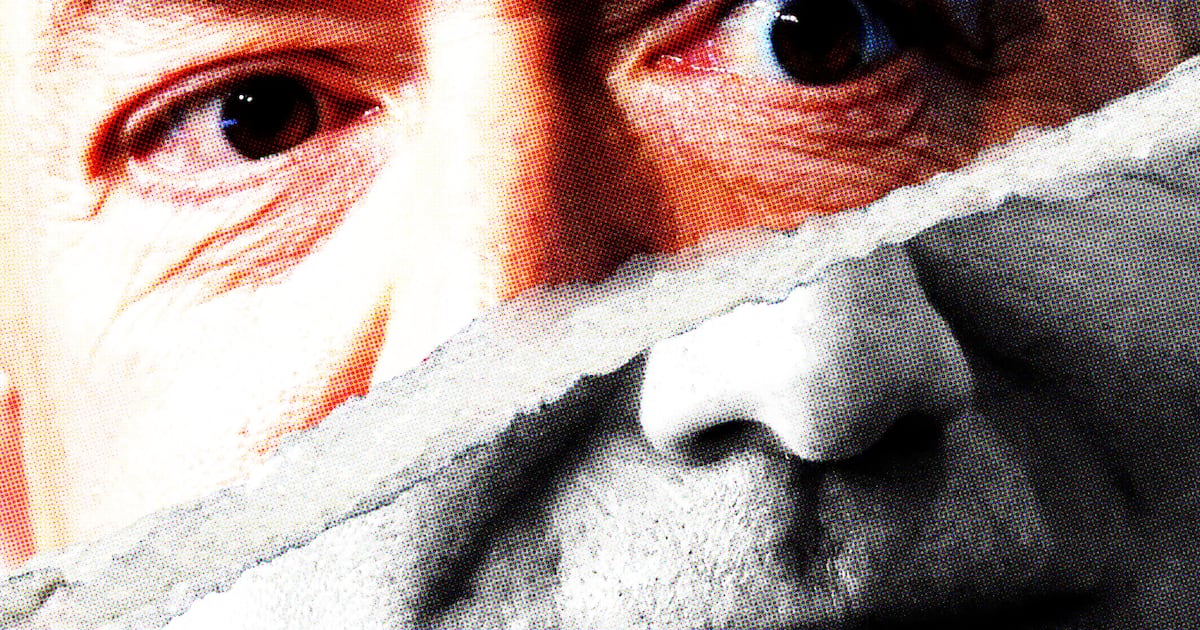
In the latest installment of our profiles of emerging writers to watch, Oscar Villalon speaks to Patricia Engel about her moving new story collection and the life of immigrants.
What immediately strikes you is the voice. Patricia Engel’s first novel, comprising a series of stories delineating the aimless life of a young Colombian American, is unsentimental and pointed in a way more familiar to crime writing than literary fiction. Sabina Rios, the protagonist, makes unsparing observations about a threatening world. Of she and her boyfriend, “we weren’t rapturous lovers but more like two slabs of beef in a meet locker.” When a group of street children gather around the car she’s in, she notes the “dirt on their faces, mocos [cq] like webs around their nostrils, mumbling words I couldn’t understand.” And numbed out, having escaped death on 9/11, notes the World Trade Center “towers collapsing like a deflated carnival castle.”
“There is an entire generation of kids raised by parents of unquantifiable courage who left one country for another with no guarantees of survival,” Engel said.
ADVERTISEMENT
Set among a Miami of wild young people, a New Jersey suburb of privilege, a New York in the wake of the 9/11 attacks, and a Colombia battered by a legacy of turmoil, Vida glints with a detached coolness. There’s nothing precious here, and little sense that everything is going to be all right. As Sabina says of a conversation between her and the all-too-worldly 13-year-old daughter of her guitar instructor, “Asks me what I do for a living, and I think, I’m only twenty-two. I don’t do anything for a living except smoke cigarettes and throw my heart around. What I’ve got is a job, not a living.”
“I can’t say I had any noir designs for the book,” said Engel, 33, in an interview conducted over email. But that Sabina is exposed to everything from drug dealing to sex trafficking (as in the stories set in Miami) to murder and sudden death (as a high-school kid in Jersey) shouldn’t be incredible, even if she comes from a background of comfort and education. “That side of Miami (or any other place), full of quiet crime, often laden with good intentions, is all around us if we’d only open our eyes. Sabina forces her eyes open. She wants to see, perhaps because for much of her life she felt she was the part of the scenery others pretended wasn’t there.”
Given that Engel lives in Miami, grew up in northern New Jersey, graduated from NYU, and is herself Colombian American, there’s a temptation to think Vida is autobiographical. The novel “is pure fiction,” Engel said, “but if I am Sabina, as some people assume I am because my biography might resemble hers in a U.S. Census Bureau kind of way, then I am each of my characters to the same degree—from Sabina’s brother to her friends to her lovers to her relatives and rivals. Because they were all born from my imagination, and I had to possess them in order to write them.”
Much of Vida is taken up with Sabina making her peace with what she sees: a horizon peopled by damaged youth—and damaged adults who were once damaged adolescents. The trick is figuring out how to escape that path, or barring that, minimize the aftereffects of past cruelties and abuses. The trick is figuring out how (in the words of Peter Gabriel) to walk right out of the machinery. As a topic, this isn’t anything new to fiction. But Engel, who worked on Vida over a span of two years, adds new dimensions, setting her universal theme within a world of immigrant Latinos from a variety of backgrounds. In particular, she explores the complicated lives of the sons and daughters of the newly arrived and successful.
“There is an entire generation of kids raised by parents of unquantifiable courage who left one country for another with no guarantees of survival,” Engel said. “For all our access to education, shopping malls, and U.S. passport privilege, it can be very intimidating for a child of immigrants to measure up to the fearlessness and sacrifice that become family legend. But the émigré gene is strong and the desire for transcendence remains long after roots are set, which is why you often see exile kids returning to the motherland, moving to other countries, working tirelessly to honor their parents’ hardships through their education, careers, relationships, community service, and artistic expressions, conceiving these endeavors as their own personal emigrations.”

Yet, initially, Sabina is far removed from anything resembling the road to transcendence. If anything, she’s skirting the byways of oblivion, looking to get lost among artistic types, free spirits, and beautiful men. Which brings up another remarkable aspect of Vida: Engel’s bracing depiction of a woman confounded by physical beauty. Sabina is as nakedly susceptible to sheer physical beauty as any… well, as any of her male peers is turned to mush by a gorgeous woman. As Sabina says of a less-than-ideal boyfriend, his behavior “made him hard to be around sometimes. But those lashes. They could split your will into shards.”
“She holds herself accountable,” though, Engel points out, “and while readily handing herself over to the hope for love, she is fully aware of her susceptibility and the politics of her fall. She recognizes that beauty is a just a decoy and currency in the early contracts of attraction, yet she seeks something much deeper.”
And that makes all the difference. We sense Sabina dares to hope for meaning, but her not-entirely-unearned skepticism keeps her from embracing the possibility for something better. For all of her knowledge of life’s sinkholes, she doesn’t have the soul-saving wisdom to match. But she does have the integrity to attain it. “Sabina is truthful, even in her moments of dishonesty and moral negotiations,” Engel said. “She doesn’t turn away from certain aspects of life the way society might want her to, but she doesn’t let herself, or others, off the hook, either.” It’s what makes a lasting impression about Sabina—and about Patricia Engel’s talent.
Plus: Check out Book Beast for more news on hot titles and authors and excerpts from the latest books.
Oscar Villalon is a San Francisco writer and critic. His work has appeared in VQR, The Believer, Black Clock, the Los Angeles Times, the San Francisco Chronicle, NPR.org, and other publications. Follow him on Twitter at @ovillalon





